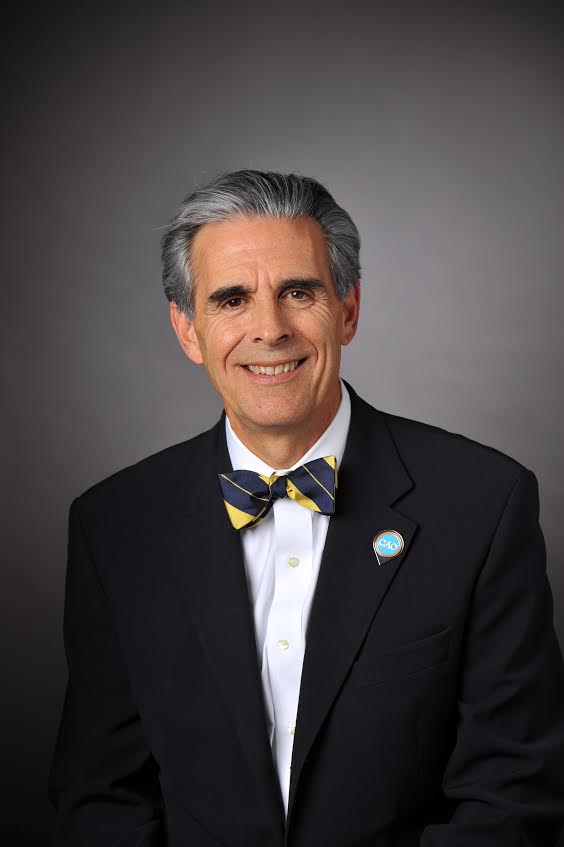Twelve years ago, orthopedic surgeon Louis Levitt, MD, had an eye for the future, and that future focused on outpatient surgery. Tired of long wait times between procedures, Dr. Levitt and fellow surgeons opted to step out of the hospital setting and into the outpatient surgery arena.

"It really began with a number of physicians at the hospital sitting around waiting for cases," says Dr. Levitt, The Centers for Advanced Orthopaedics' vice president and secretary as well as Bethesda-based Massachusetts Avenue Surgery Center's owner and surgical center chairman. "We thought, why are we spending so much time waiting for cases? This led me down the road to meeting with more physicians."
Accredited by American Association for Ambulatory Health Care, Massachusetts Avenue Surgery Center is equipped with three operating rooms and filed an application to build a fourth procedure room. Since its inception, the 100 percent physician-owned ASC has expanded its physician owners to 30 physicians, who perform nearly 300 cases each month. Dr. Levitt explains the ASC's physicians often have less than 15 minutes of turnover time between cases, significantly less than the time he experienced in hospitals. The saved time allows surgeons to focus on other passions, whether that may be business endeavors or clinical trials.
"Time is a huge advantage from a doctor's perspective," Dr. Levitt says. "Another benefit is if a doctor owns the center and they need specialty equipment, they have easier access to achieving that by asking the board. It is a nightmare to acquire equipment in a hospital where there are layers of bureaucracy."
An ASC's efficiency also provides patients with a unique experience in which they leave the center with more comprehensive information. Patients encounter the same staff upon arriving for the procedure as when they leave the center, which Dr. Levitt says patients highly appreciate.
As consumers become increasingly responsible for their healthcare dollars, they will demand efficient, quality care at a reduced cost, posing an opportunity for ASCs.
"Whereas ASCs used to be an investment, they are now a primary vehicle for performing most surgeries," Dr. Levitt says. "With insurance participation, my current center is able to do total hip and knee procedures with patients leaving that day. Patient selection is very important — we are selecting the healthiest of the healthiest, the thinnest of the thinnest and patients with a good support system."
The consumer-driven healthcare field will also shift to value-based payments, a model in which Dr. Levitt believes ASCs are perfectly suited. CMS is slowly pushing providers off the fee-for-service model and onto a value-based payment model, in which providers are either reimbursed or penalized for meeting or exceeding quality standards. CMS set a goal of tying 30 percent of its 2016 payments to value-based measurements rather than fee-for service measurements. The agency plans to increase that figure to 85 percent by 2018. CMS' overarching goal is to improve patient outcomes while significantly truncating costs.
"The world of medicine is shifting into payment for value where everyone will work as a team to reduce the cost of an entire episode of care," Dr. Levitt says. "As a surgical center owner, when it comes time to participate in a bundled payment, I am in a far better position to reduce your costs in an ASC to maximize opportunities bundles offer. With the patient's experience as the end goal, the surgical center today is best suited to deliver a high quality product, at the lowest cost, with the best outcome."

